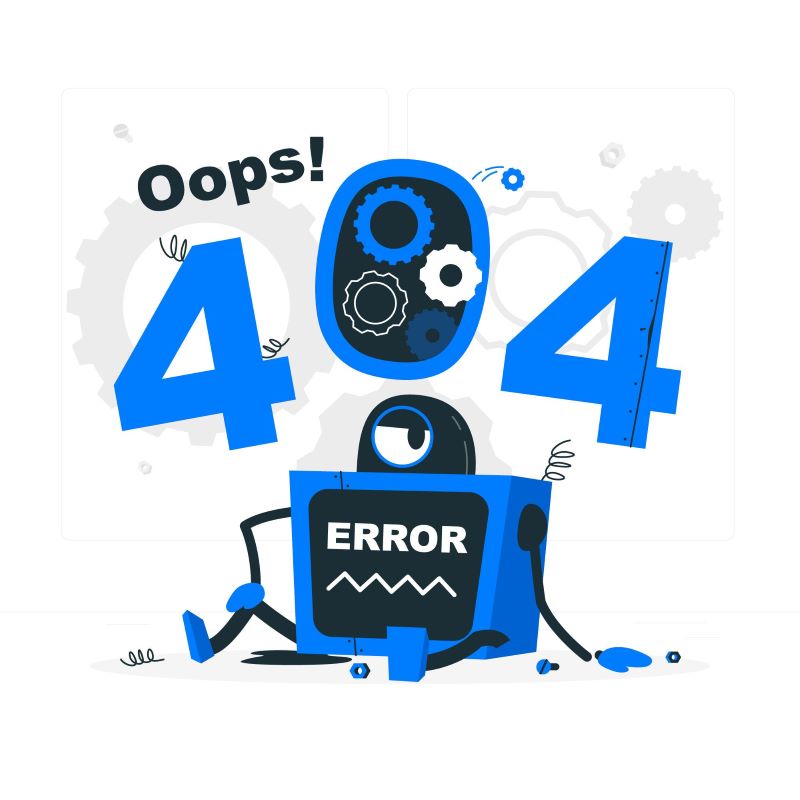SAME DAY APPLIANCE REPAIR SERVICES
Technicians Available Now 12-22-2025
Appliance Service
Sorry, we couldn't find that page
Try to visit





